Vitamin D – The sunshine vitamin, but what happens during winter months?
What is Vitamin D?
Vitamin D is a fat-soluble vitamin often referred to the sunshine vitamin. It can be grouped into 2 forms: D2 and D3. Vitamin D2 is found in foods such as oily fish, Vitamin D fortified cereals and milk, as well as mushrooms (well those that have been exposed to UV-B light). It is vitamin D3 that is created in the body from direct sunlight (UVB rays) on our skin when outdoors.
For most people, the best source of vitamin D in the spring and summer months is the sun. However, Ireland and the UK’s northerly latitude means that the synthesis of vitamin D from sunlight can be compromised in the winter months (October through until March). Lack of exposure to sunlight from being indoors, long clothes which cover the skin, and having dark coloured skin also compromise the body’s ability to synthesize vitamin D.
What role does vitamin D play?
Vitamin D contributes to the normal absorption of both calcium and phosphorous, which means that it has a large role in the maintenance of normal bones and teeth, as well as normal muscle function (1). When we are not getting enough vitamin D, we are at higher risk of developing bone conditions, such as rickets (in children) or osteomalacia (in adults) (1). Vitamin D has also been previously found to contribute to the normal function of the immune system, and as a result, there have been new scientific reports suggesting that vitamin D could help reduce the risk of COVID-19 infection (3). However, as this area of research has only been topical for the last 2 years, there is currently not enough evidence to support taking vitamin D solely to prevent or treat COVID-19.
Recommended Intakes & Supplements:
During the winter months, it is important to get additional vitamin D from food sources and supplements. While not as effective as supplementation, we can boost our vitamin D levels through diet:
Oily fish (salmon, sardines, trout, cod liver oil)
Red meat
Egg yolks
Mushrooms
Fortified food and drinks (cow’s milk, soya milk, cereal, porridge, yoghurt, cheese, etc.)
When it comes to vitamin D supplements we should all be aware of when and how much is recommended. The following are the guidelines for vitamin D supplementation in both Ireland and the UK:
From birth until 12 months – recommended to be given a 5µg supplement (Ireland) or 8.5-10µg (UK) if they are breastfed or have less than 300mls (Ireland) or 500mls (UK) of infant formula a day. From 2020 in Ireland, children aged 1-4 years are also recommended to be given a 5µg supplement during the autumn and winter months.
Children over the age of 4 years (Ireland) or 1 year (UK) – recommended to take 10µg supplement of vitamin D each day.
Adults – recommended to take 10µg supplement of vitamin D per day between October and March and every day for pregnant and breastfeeding women, and people at risk of vitamin D deficiency
Older adults aged over 65 years – now recommended to take a 15µg (Ireland) (4), or 10µg (UK) supplement each day.
For more information on the topic, view the attached HSE and NHS web pages.
If you’re looking to boost your vitamin D intake, why not our Mushroom Barley Risotto and Lemon Roast Cauliflower recipe – which is great if you’re vegetarian also!
As previously mentioned however, food sources generally aren’t enough for us to meet the recommended intakes of vitamin D, and we should mainly consider supplements during these winter months particularly.
References:
Bouillon R, Marcocci C, Carmeliet G, et al. Skeletal and Extraskeletal Actions of Vitamin D: Current Evidence and Outstanding Questions. Endocr Rev. 2019; 40(4):1109-1151. https://doi.org/10.1210/er.2018-00126.
Khazai N, Judd SE, Tangpricha V. Calcium and vitamin D: skeletal and extraskeletal health. Curr Rheumatol Rep. 2008;10(2):110-117. https://doi.org/10.1007/s11926-008-0020-y.
Walsh JB, McCartney DM, Laird É, et al. Title: Understanding a Low Vitamin D State in the Context of COVID-19. Front Pharmacol. 2022; 13:835480. https://doi.org/10.3389/fphar.2022.835480.
Report of the Scientific Committee of the Food Safety Authority of Ireland. Vitamin D Scientific Recommendations for Food-Based Dietary Guidelines for Older Adults in Ireland. 2020. Available at: https://www.fsai.ie/VitaminD_DietaryGuidelines_OlderAdults_Ireland/. [Accessed on 1/12/2022]

